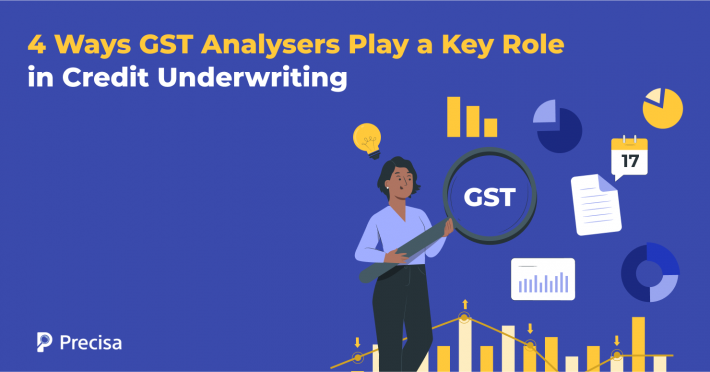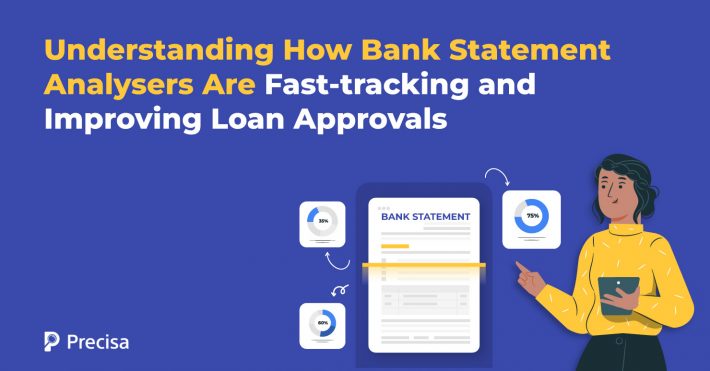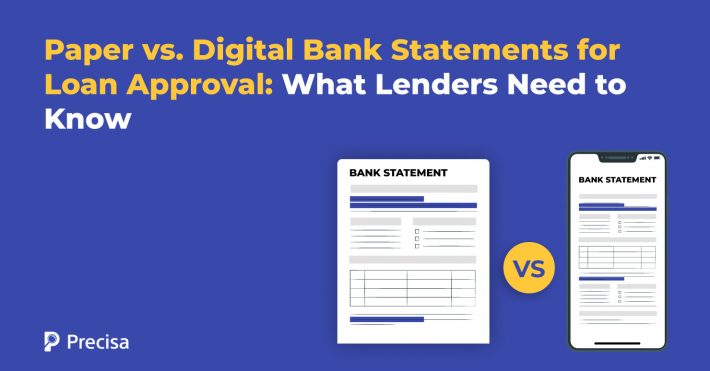Challenges Faced by Indian Credit Score Companies in a Diverse Economy
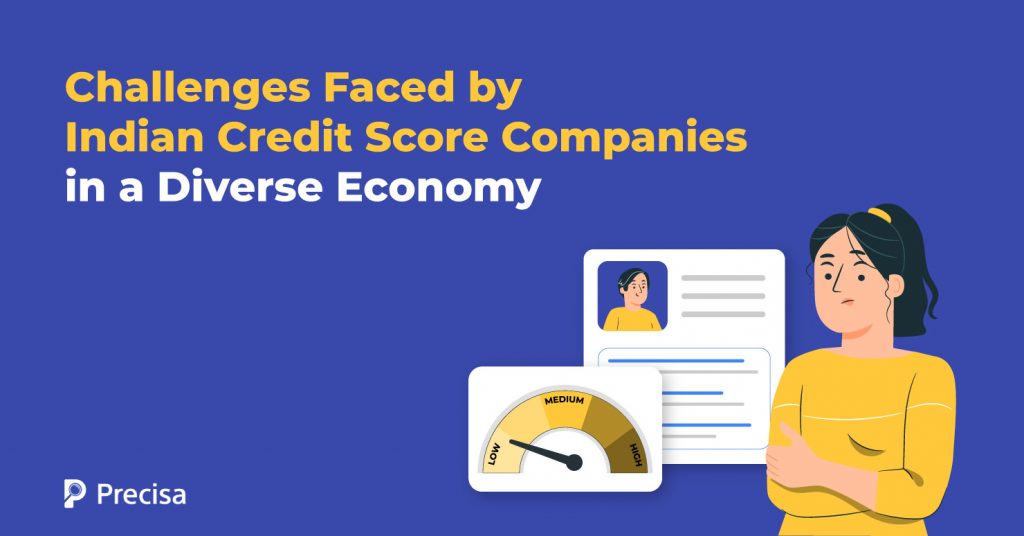
Access to timely credit is crucial for an individual’s or a business’s financial and social development. The Indian credit score companies offer services that help shape lending decisions, investment strategies, and overall economic stability.
Self-monitoring of credit scores by Indians has risen by 73% in 2023, highlighting the growing awareness about the importance of credit rating in accessing and managing debt.
However, credit rating agencies face unique challenges when operating in a diverse economy like India. The discussion below focuses on these challenges and how the agencies can overcome them.
Indian Credit Score Companies: Major Challenges
With a GDP of around $3.57 trillion in 2023 and projected to reach $6 trillion by the end of the decade, the Indian economy is indeed diverse and complex, with variations that exist sectorally, geographically and even regionally.
In this context, let’s explore in detail the challenges faced by Indian credit score companies:
1. Data Availability and Quality
Credit scores are calculated based on data collated by rating agencies from various sources. Data availability and the quality of the available data are major challenges for Indian credit score companies; the discussion below highlights the obstacles related to data availability and quality:
- The Indian credit ecosystem consists of various formal and informal players. Credit information is fragmented across banks, non-banking financial companies (NBFCs), and informal lenders. Integrating data from diverse formal and informal sources poses a hurdle for rating agencies.
- A significant proportion of the Indian population is unbanked or underbanked. They lie outside the formal banking channels, which makes it difficult for the rating agencies to access their credit history or assess their creditworthiness.
- Credit rating agencies rely on historical data for credit score calculation. Depending on historical data, which does not capture changing dynamics, may not present an accurate assessment of an individual’s or organisation’s credit health.
- Data accuracy is the cornerstone for reliable credit scores. The agencies also have to grapple with the problem of inaccurate or outdated information.
2. Disparate Awareness Levels
Despite the growth in the number of people who self-monitor their credit health, overall awareness and financial literacy are low in India, resulting in the following problems:
- Awareness levels vary considerably across age brackets and gender. A study revealed a significant gender gap in credit awareness, with only 12% of the 3.7 crore credit score consumers being women. It also highlighted young India is more credit aware, with 37% of new credit score consumers under 30.
- Though the use of credit for aspirational and lifestyle needs rather than just necessities is increasing, a significant chunk of the population lacks financial literacy. Much remains to be done to educate consumers about responsible borrowing and the importance of good credit.
- Lack of trust in formal financial institutions among some communities in India is a challenge. Participation in the formal credit channels must be encouraged to improve credit score coverage.
3. Regulatory Environment
Another hurdle for Indian credit score companies is compliance with the regulatory environment.
- The rating agencies must comply with the regulations stipulated by the Securities and Exchange Board Of India. The constantly evolving regulatory environment requires companies to stay on their toes and adapt swiftly to changing policies.
- The rating agencies must comply with data privacy laws and implement robust data security measures. The need to protect consumer data, along with issues related to customer consent, adds to the operational complexity of these organisations.
4. Lack of Economic Uniformity
India is a large country with not only cultural but economic diversity too. This lack of uniformity can become a challenge for Indian credit score companies.
- The economy constitutes a diverse combination of agriculture, manufacturing, and services sectors. It is difficult for rating agencies to have a one-size-fits-all credit scoring model for such a diverse economy, as each industry has unique risk factors that must be considered when assessing its credit health.
- There is variation in employability windows and income levels. The agriculture sector, the biggest employer in India, provides seasonal income. Credit scoring models do not reflect an accurate assessment of those with irregular income patterns.
How Can Indian Credit Score Companies Address These Challenges?
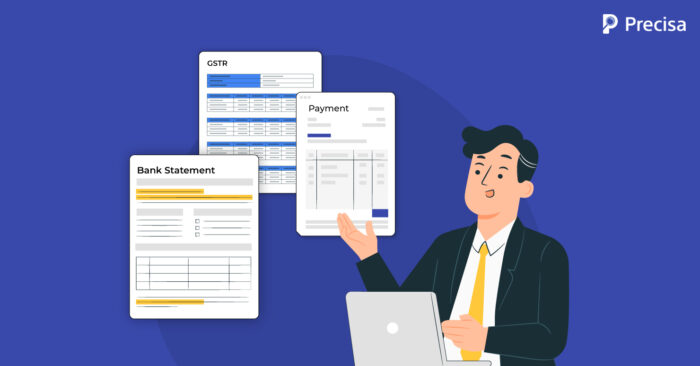
The credit rating agencies can take a few steps to overcome the challenges they face; read about them in the following discussion:
1. Incorporate Alternative Data Sources
Rating agencies must look beyond the traditional scoring models and include alternative data sources to get a more comprehensive credit score. They could use utility bill payments, mobile phone usage data, and social media activity to get better insights into consumer credit health.
Tools like the GSTR analysis can help analyse data, detect cyclical transactions and other anomalies and help credit scoring beyond traditional sources.
Non-financial data such as transaction histories from e-commerce sites or participation in government schemes can offer valuable insights, especially for those employed in the informal sector or agriculture.
2. Leverage Emerging Technology
Advanced analytics, machine learning and artificial intelligence help process diverse data, analyse it and identify patterns to provide more accurate credit assessment. Big data analytics helps analyse information from various sources in real-time, helping rating agencies get a better picture of the diverse economic situation in India.
3. Focus on Improving Awareness
Improvement in financial literacy and credit awareness benefits all stakeholders, especially consumers. Awareness programs can help educate consumers about the importance of credit scores and how to manage their credit health. Young adults must educated about responsible borrowing, avoiding fly-by-night lenders and their rights.
To Sum It Up
The Indian credit score companies help lenders improve the quality of their portfolios and mitigate risk. Lenders can now rely on objective analysis instead of subjective perception for their lending decisions.
As a cloud-based analytics platform for finance companies, Precisa’s Bank Statement Analyser helps lenders accurately assess a borrower’s creditworthiness. It extracts data from the bank statement, analyses it, detects fraudulent transactions and other anomalies, and assigns an overall creditworthiness score called the Precisa score.
Precisa’s Credit Reports Analyser executes a cross-analysis of credit reports and bank transactions and offers objective inputs to lenders for decision-making.
Want to find out more about our products and their features? Contact us now!

